9 Things Your Plumber Wants You To Know
Plumbing is maybe the most important overall feature in your home, but behind every working faucet and flushing toilet is a system that needs care. Plumbers see a lot behind the scenes, tons of problems that could have been avoided with a little knowledge. Whether you’re hoping to avoid a costly call or just want to be better prepared, here are ten things your plumber wishes more people understood.
Know Where Your Shut-Off Valve Is
Time matters a lot in a plumbing emergency. If a pipe bursts or a toilet overflows, shutting off the water as fast as possible can prevent major damage. Every homeowner should know where their main water shut-off valve is and how to use it. It’s often near the water meter or where the main line enters the home. Check it now, not later. If you can’t find it, ask a plumber during a routine visit.
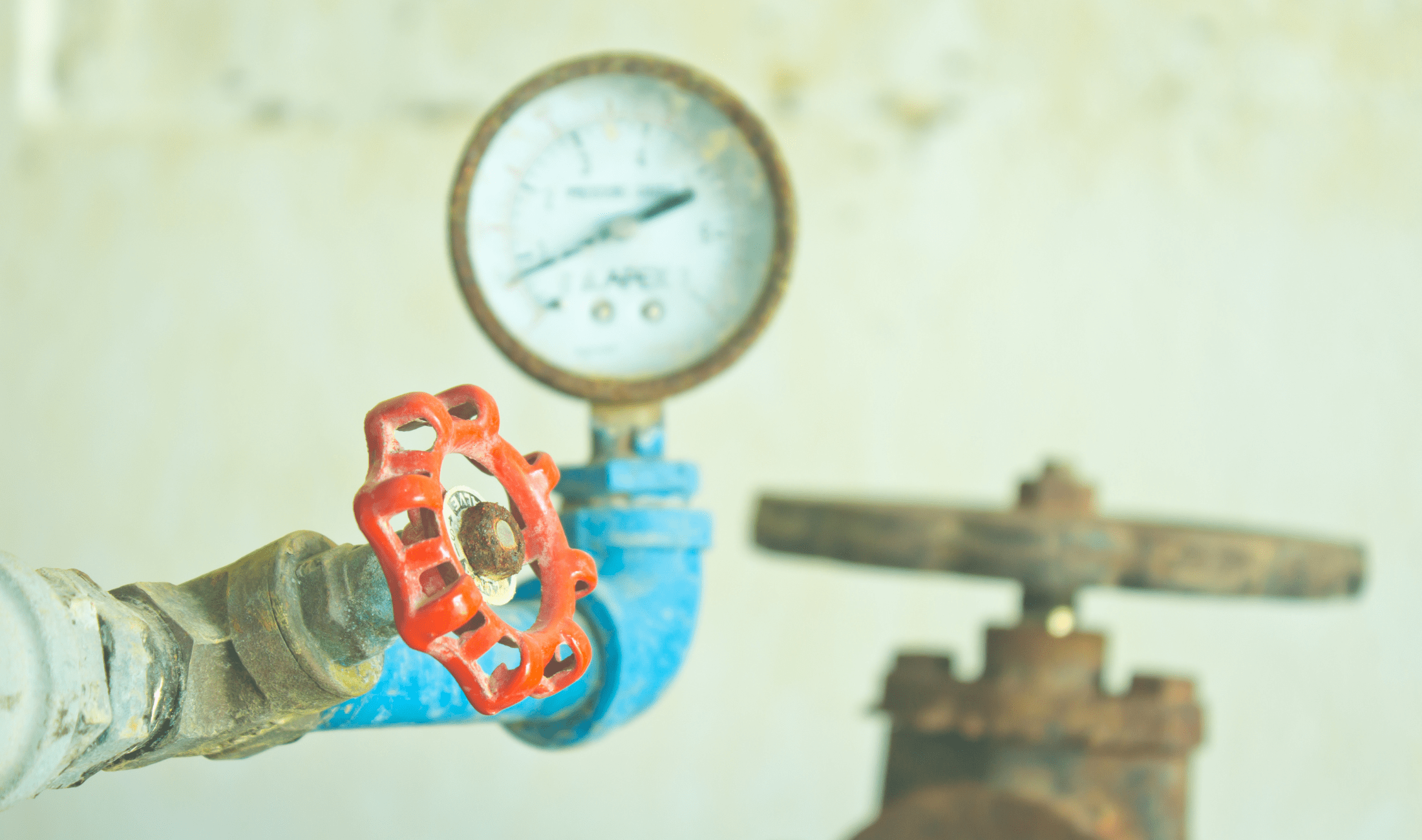
Flush the Right Things Only
Toilets aren’t trash cans. Even products labeled “flushable” (yes, this includes wipes) can clog pipes and back up your system. Dental floss, cotton balls, grease, even paper towels, none of these break down the way toilet paper does. If you wouldn’t drop it in a glass of water and expect it to dissolve, don’t flush it.
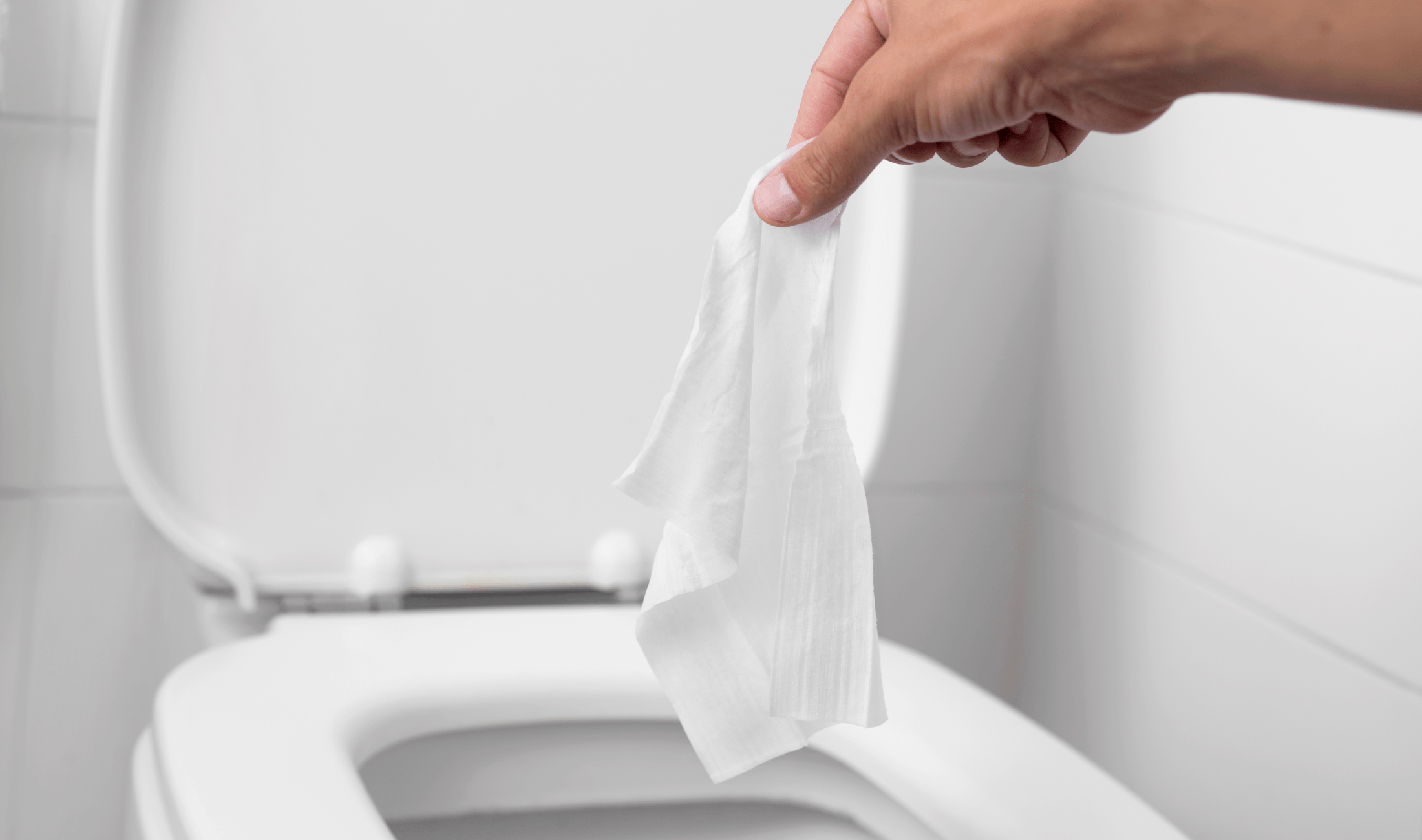
Stop Using Chemical Drain Cleaners
Those store-bought drain cleaners can do more harm than good. They might clear a clog temporarily, but they can also eat away at your pipes, especially older ones. Over time, this can lead to leaks or full pipe failure. If water isn’t draining properly, try a plunger or a manual snake first. If that doesn’t work, then call a plumber. It’s cheaper than fixing corroded pipes down the road.
Fix Leaks Early, Not Later
That slow-dripping faucet or minor toilet leak might not seem like a big deal, but those single drops add up quick. Not just in your water bill, but in wear on fixtures and water damage to cabinets or floors. Small leaks usually mean a small fix. Left alone, they become much bigger and much more costly. If you hear running water or notice damp spots, get it checked right away.
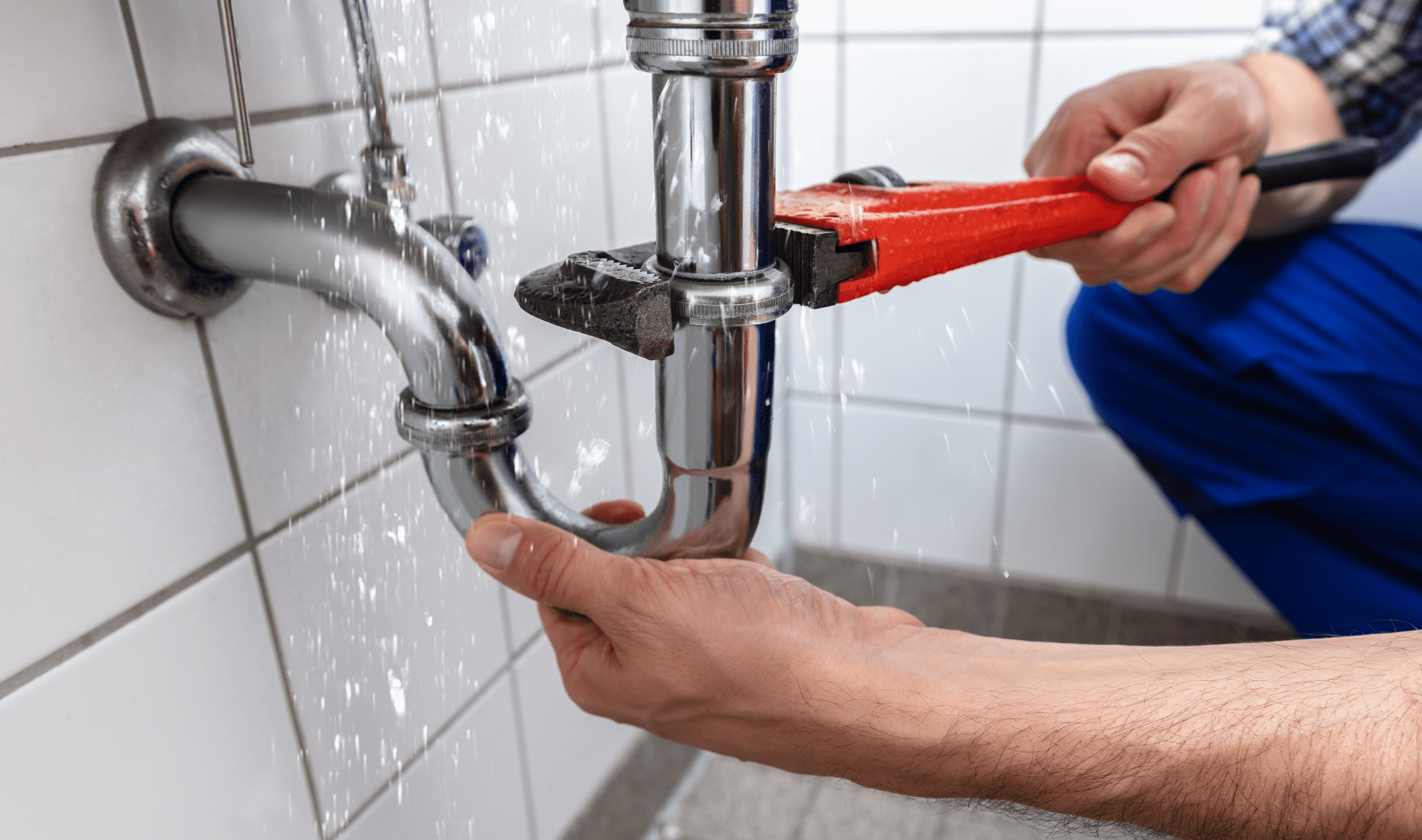
Don’t Hang Anything From Your Pipes
Basements and laundry rooms often have exposed pipes, which seem like a handy place to hang things, but adding weight, even a light shelf or a few wet clothes, can stress those lines over time. Pipes aren’t designed to support anything. It can lead to cracks or disconnections, especially with older plumbing. Keep the area around your pipes clear and avoid using them for storage or support.
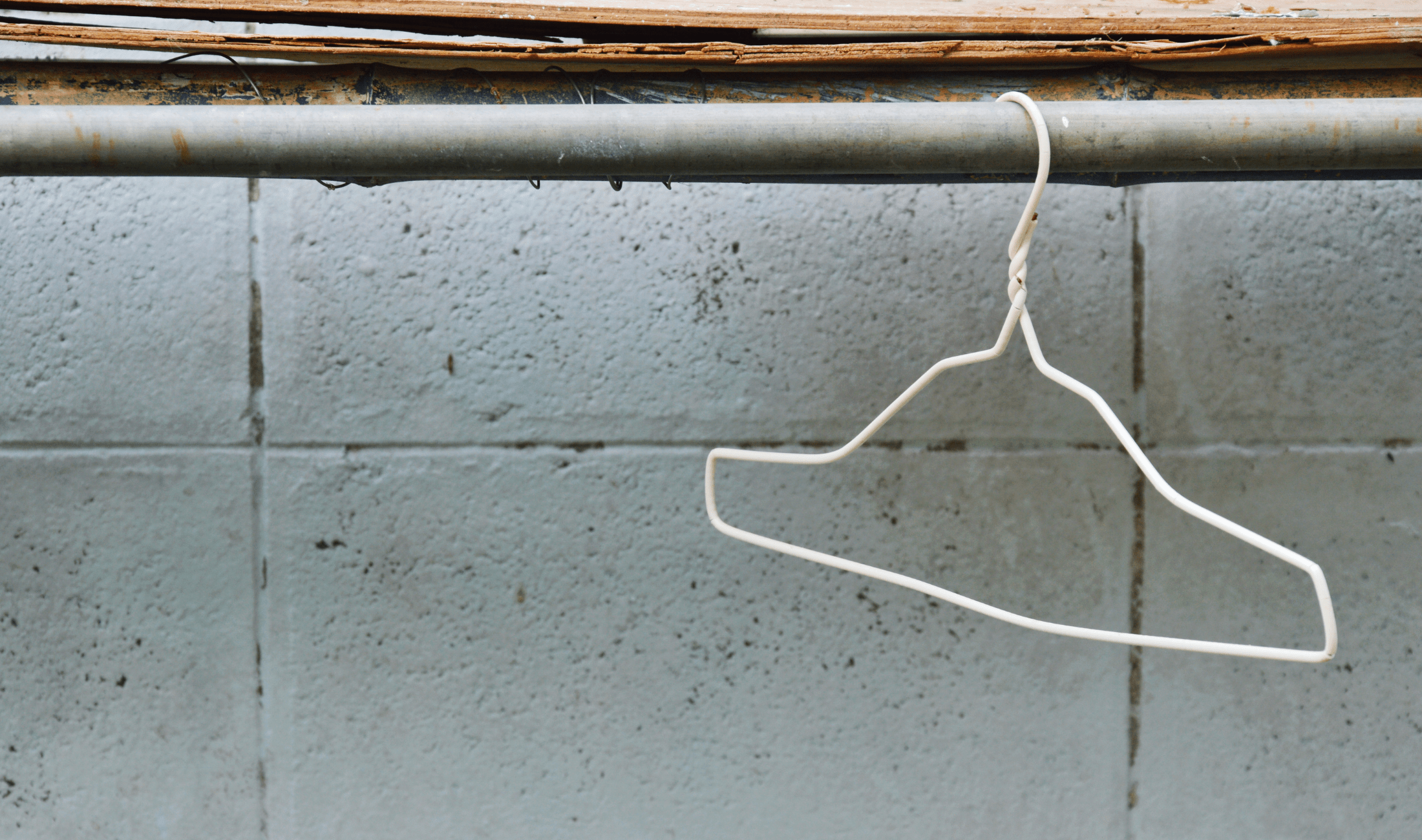
Water Heaters Need Maintenance Too
Just like any other appliance, your water heater needs regular attention. Flushing the tank annually helps remove sediment, which builds up over time and reduces efficiency. A neglected water heater has to work harder, driving up your energy bill and shortening its lifespan. If you’re noticing less hot water or strange noises from the tank, it’s time for a check-up.
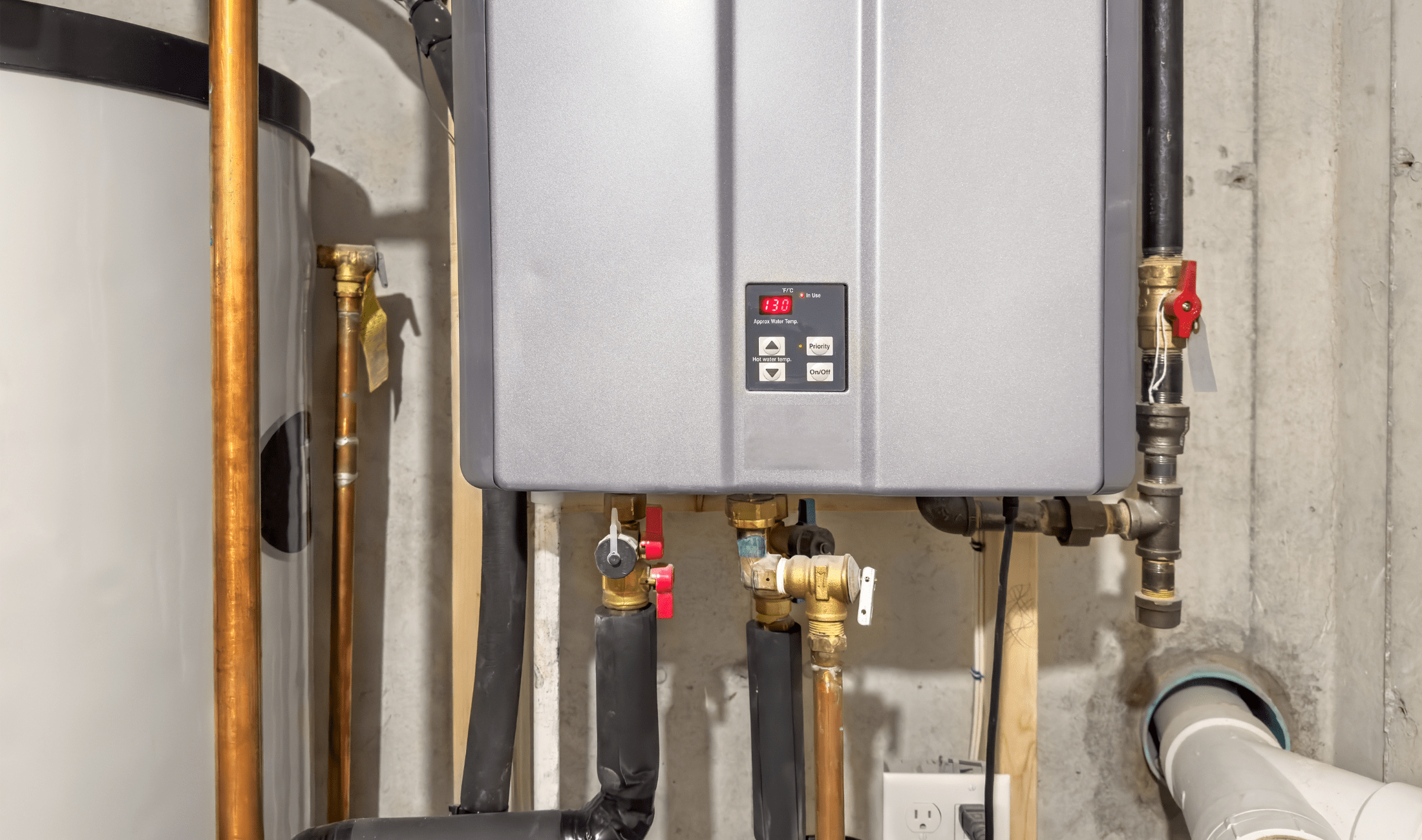
Your Water Pressure Shouldn’t Be Too High
Strong water pressure might feel great in the shower, but if it’s too high, it can actually damage your plumbing system over time. Pipes, joints, and appliances aren’t built to handle constant high pressure. This type of wear can lead to leaks or bursts, especially in older homes. If you notice banging pipes, short appliance life, or frequent leaks, you might need to check your pressure. A plumber can install a pressure regulator if needed.
Know What’s Under Your Yard Before You Dig
Planning to plant a tree, build a fence, or install a new garden bed? Always call before you dig. Buried beneath your lawn may be sewer lines, water pipes, or gas lines. Accidentally hitting one can be not just expensive, but extremely dangerous. Most areas have a free service to mark underground lines so you know where not to hit. It’s worth the short wait to avoid a costly mistake that could leave your yard and home in chaos.
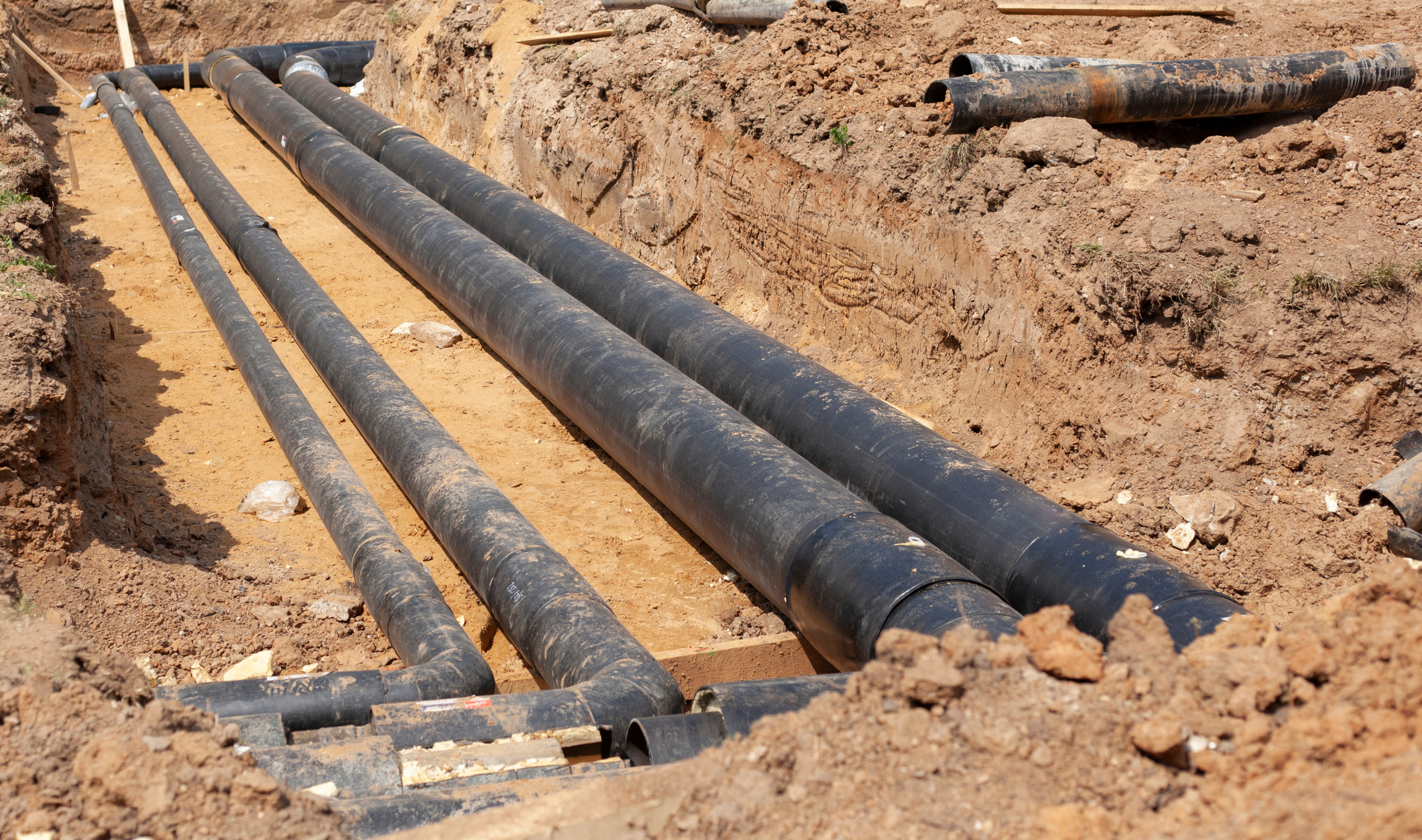
Routine Inspections Can Prevent Emergencies
People often wait until something goes wrong to call a plumber, but just like you visit a doctor for a check-up, your plumbing system benefits from regular inspections. A plumber can spot early signs of trouble, like corrosion, outdated fittings, or small leaks. Catching these early is cheaper and far less stressful than dealing with an emergency. Try to schedule one once a year or so, just to make sure everything’s still running smoothly.
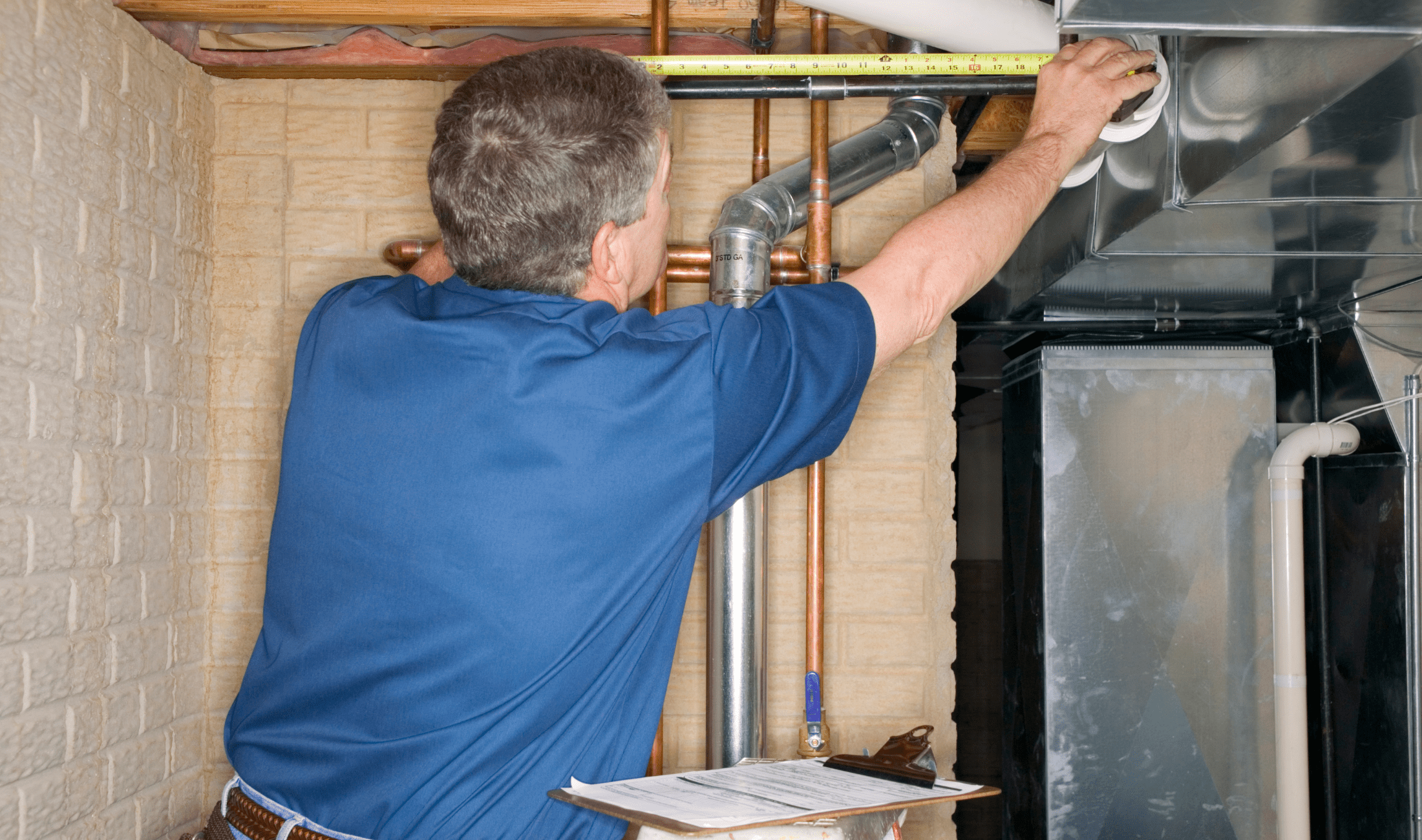
Related Articles
- Don’t Let This Common Plumbing Problem Ruin Your Home
- Improve Your Water Pressure By Cleaning Your Showerhead The Right Way
- 7 Subtle Indicators of a Major Plumbing Problem in Your Home
Most plumbing problems don’t start big. They build up entirely out of sight until they become impossible to ignore. With a bit of awareness and some small, smart habits, you can avoid major headaches and protect your home’s plumbing for years to come. Your plumber isn’t just there for emergencies, they’re also there to help with prevention, and when you know what they know, you’re already one step ahead.









